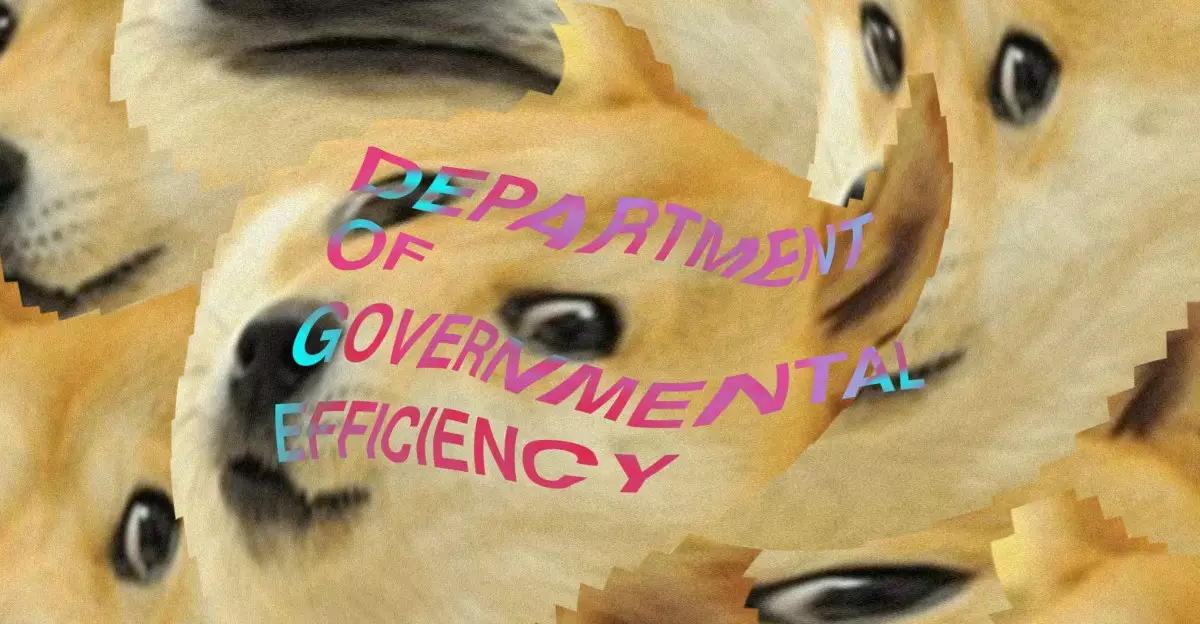In recent weeks, the name Marko Elez has resurfaced in discussions regarding ethical standards for government employees, particularly in light of his extensive access to the Treasury Department’s sensitive payments systems. As a 25-year-old staffer in the Department of Government Efficiency, Elez’s profile came under scrutiny when his online activity was revealed to include racist posts advocating for eugenic immigration policies and a repeal of the Civil Rights Act. The implications of such behavior, especially from someone in a position of power, pose serious questions about the vetting processes in government agencies.
Elez’s rise to notoriety highlights a growing concern regarding the impact of social media on the personal and professional lives of individuals. His activity on a now-deleted account showed a disturbing inclination towards hate speech, raising doubts not only about his judgment but also the values that govern public service. How far should personal views expressed online affect someone’s professional journey, especially when those views contradict the fundamental principles of equality and justice? This question has sparked considerable debate, as exhibited by Vice President JD Vance’s comments asserting that “stupid social media activity should not ruin a kid’s life.”
The political and social ramifications of Elez’s posts prompted notable responses, particularly from influential figures like Elon Musk. Following media inquiries, Musk conducted a poll on his social media platform X, asking whether Elez should be reinstated, yielding a surprising 78% in favor of his return. Musk’s philosophy—“To err is human, to forgive divine”—indicates a willingness to overlook the severity of Elez’s actions in the interest of second chances. Yet, this stance raises further questions: Is it appropriate to prioritize forgiveness over accountability in public office?
The scenario surrounding Elez is more than a singular incident; it shines a light on larger systemic issues within governmental institutions. It prompts considerations of how social media behavior can shape perceptions of integrity and professionalism among government employees. When youthful indiscretions are judged in the public sphere, it invites scrutiny of the norms of accountability and transparency that should govern public service. Other staffers in similar positions may face backlash simply from their association with Elez, highlighting the collective responsibility within organizations to uphold ethical standards.
As the controversy unfolds, officials and citizens alike must grapple with the question of how to balance forgiveness and accountability. Moving forward, there may need to be stricter guidelines regarding social media conduct for government employees. The implications of Elez’s case extend beyond personal accountability to encompass broader societal values. It is essential to ensure that individuals in positions of influence reflect respect for the diverse communities they serve, while also considering the personal growth that can stem from past mistakes. The delicate balance of maintaining ethical conduct while allowing room for reform must become a priority in fostering healthier political environments.


Leave a Reply